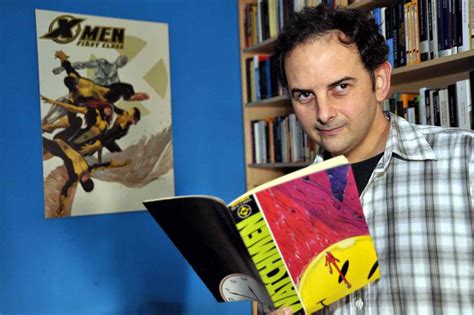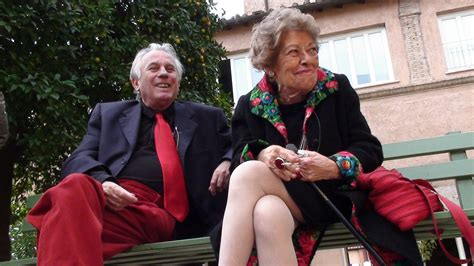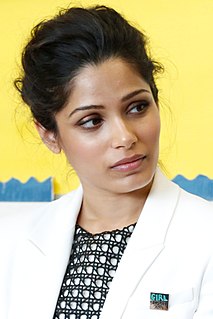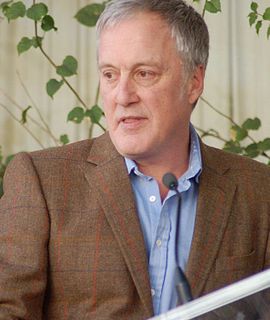A Quote by Albert Camus
Between history and the eternal I have chosen history because I like certainties. Of it, at least, I am certain, and how can I deny this force crushing me.
Related Quotes
I am opposing it with an idea of the history of philosophy as a history of philosophers, that is, a history of mortal, fragile and limited creatures like you and I. I am against the idea of clean, clearly distinct epochs in the history of philosophy or indeed in anything else. I think that history is always messy, contingent, plural and material. I am against the constant revenge of idealism in how we think about history.
I have to throw in on a personal note that I didn't like history when I was in high school. I didn't study history when I was in college, none at all, and only started to do graduate study when my children were going to graduate school. What first intrigued me was this desire to understand my family and put it in the context of American history. That makes history so appealing and so central to what I am trying to do.
If anyone had told us in 1945 that there are certain battles we'll have to fight again we wouldn't have believed it. Racism, anti-Semitism, starvation of children and, who would have believed that? At least I was convinced then, naively, that at least something happened in history that, because of myself, certain things cannot happen again.
With all the movies I've made about history, it's not really fun because you're trying to get it right. You've got history telling how it was, and then my imagination is telling me how I wish it had been, but I can't go there, so I have to censor myself. I'm very good about stopping myself from creating history that never occurred, but it's frustrating.









































